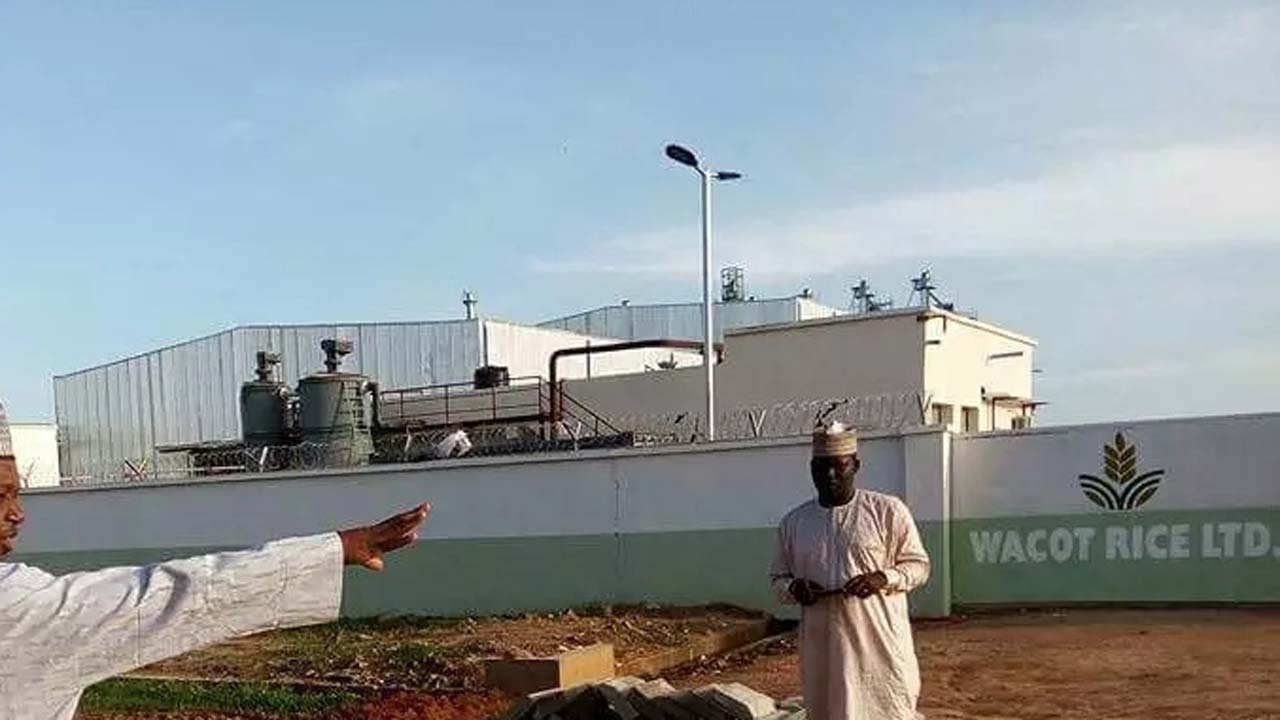[dailymotion code=”x7rp8ay” autoplay=”yes”]
• Force majeure on international gas contracts to worsen situation
Depending on the length of time required to contain the spread, the outbreak of novel Coronavirus (nCoV) in China will create gas demand reduction of between 14 billion cubic meters, thereby crippling the commodity market in 2020.
Already, a new report by Wood Mackenzie, a global research body has said a loss of gas demand hovering around two billion cubic meters (bcm) has been witnessed in China, due to the virus as of the end of last week, as more than half of the losses are concentrated in the industrial sector.
As it is with most commodities at the international market including oil, the virus has crippled Chinese demand capacity since the disease broke out earlier this year.
Wood Mackenzie noted that while many international airlines have suspended travel to and from China through March and April, expectations are that domestic flights could resume in February.
In case economic activities resumed fully, the report noted that year-on-year growth rates of the gas market would drop to six per cent and four per cent, respectively, mostly as a result of the first quarter downgrade, compared to pre-coronavirus outlook’s eight per cent.
“Domestic upstream gas production is affected by preventive measures to control the 2019-nCoV and travel restrictions have reduced manpower onsite. However, as base load pipeline gas can be delivered in closed-off (i.e with limited manpower) operations, it is less affected. We have forecast domestic supply to be lower by between 1.6bcm and 2.9bcm.
With Nigeria being a major supplier of liquefied natural gas to the international market, especially through the Nigeria LNG, there are indications that this would equally affect the country even as the nation focuses on kick-starting the train seven NLNG project.
Wood Mackenzie’s Research Director, Robert Sims, noted that LNG would bear the brunt of the reduction in domestic gas demand, although some disruptions to domestic gas supply are also expected due to travel restrictions and reduced operations.
Sims estimated the downside impact to Chinese LNG demand at between 2.6 million tonnes (Mt) ‘best case’ with recovery by April and 6.3Mt in a more ‘prolonged case’ with a slower return to normal.
With the disease outbreak, the research body forecast the already over-supplied global LNG market to hit the worst, stressing that with a disappointing APAC demand growth, which contributed to the halving of LNG prices through 2019, and with further new volumes emerging from U.S. producers, there would be lower prices through 2020.
“Prior to the coronavirus, we had expected the Pacific market to absorb 19Mt of the approximately 27Mt of new supply growth in 2020. This assessment was based on the view that Pacific demand growth would rebound significantly from last year. However, warm weather through December and January in northern Asia has already put pressure on inventory levels in China, South Korea, and Japan and further weakening an already soft North Asian spot market,” the report stated
While Chinese government said it would offer support for companies seeking to declare force majeure on international contracts, CNOOC last week already took the lead by sending such notes to LNG suppliers, and CNPC and Sinopec could follow suit.
According to Wood Makenzie, though entering force majeure is rare in LNG markets and will be contractually complex, the development may change contract wording more explicitly to include epidemics as force majeure events.
The group noted that, “Total contracted volume into China in 2020 is 54 million tonnes per annum, still less than the two annual demand scenarios presented in our ‘best case’ and ‘prolonged case’. So, while major Chinese buyers may call for force majeure, suppliers may instead insist on trying to defer deliveries to later in the year once the demand impact of coronavirus has diminished. The post-coronavirus ‘prolonged case’ 2020 China gas demand should be 316 bcm.”






